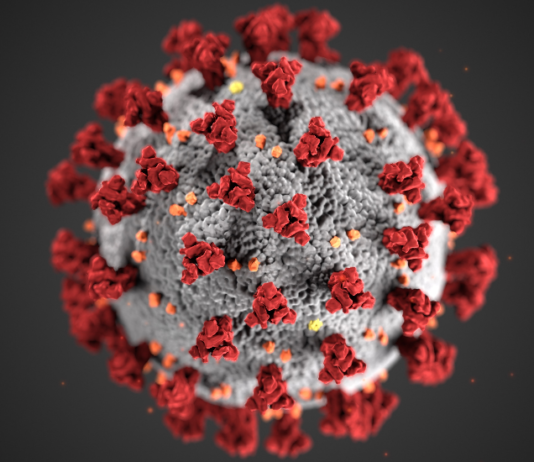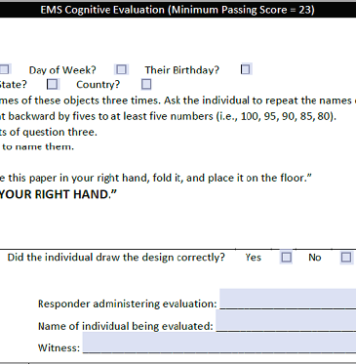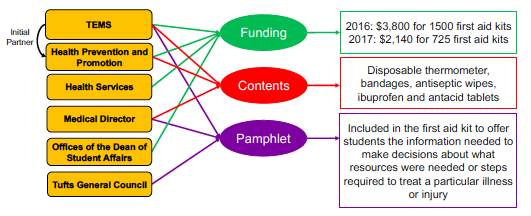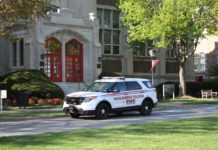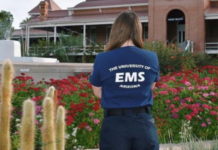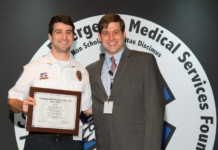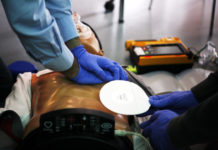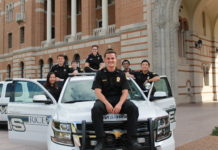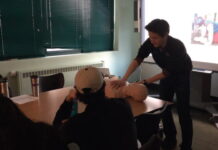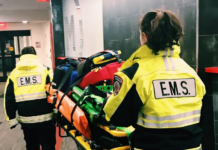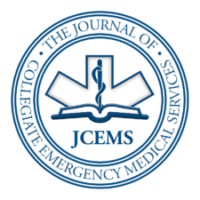Interview with University of Dayton EMS
Grace Scharf, the Public Relations Officer of the University of Dayton EMS, shares her agency's tips for organizing a terrific celebration during Collegiate EMS Week.
Drug-Facilitated Sexual Assault
Clinical review of drug-facilitated sexual assault in the college environment, health effects of drugs and alcohol in facilitating sexual violence, and proper response and treatment guidelines for collegiate first responders.
Utilizing a Scramble Crew Approach to Achieve 24-Hour Coverage
In 2016, Muhlenberg College EMS reinstituted daytime response, incorporating Active 911, a digital messaging system, and an all-call, scramble crew model. Since the new response plan began in March of 2016, Muhlenberg College EMS has responded to 47 calls that may have otherwise been ignored, at a response time shorter than that of normal duty crew responses.
Comparing Patient Evaluations by a Municipal and a Collegiate-Based Emergency Medical Service
This study assesses UAEMS’ patient evaluations when referenced to Tucson Fire, the local municipal agency.
Interview with Oren Cohn
JCEMS Executive Editor Brittany J. Dingler offers an exclusive interview with the 2018 Collegiate EMS Provider of the Year.
Improvements in the Self-Efficacy of CPR Performance Following a Brief Hands-only Training Program for...
Bystander CPR has been shown to significantly improve survival from out-of-hospital cardiac arrest (OHCA), yet rates of bystander CPR remain low across the United States. This paper outlines a brief HOCPR training that was successfully implemented by a collegiate-based EMS agency.
Interview with Lisa Basgall
JCEMS offers an exclusive interview with Lisa Basgall, EMS Director of Rice University EMS – 2019 Collegiate EMS Organization of the Year.
Assessment of Bystander Intervention on EMS Transport Decisions for Cases of Alcohol Intoxication at...
Looking at a small liberal arts college in New York State, Di Nucci et al. study the impact of bystander intervention on EMS transport decisions for alcohol intoxication cases.
Naloxone Training and Distribution Program in an Urban Collegiate Setting
MERT worked with physicians from Penn Medicine’s Emergency Department to develop a 1-1.5 hour bystander naloxone training curriculum.
Evaluating the Content and Quality of Emergency Medical Services Oral Patient Handoff Reports
There exists no universal criterion for the patient data to be presented from EMS to hospital Emergency Department (ED) personnel. This study seeks to ascertain what patient data is orally reported by EMS to ED personnel.


